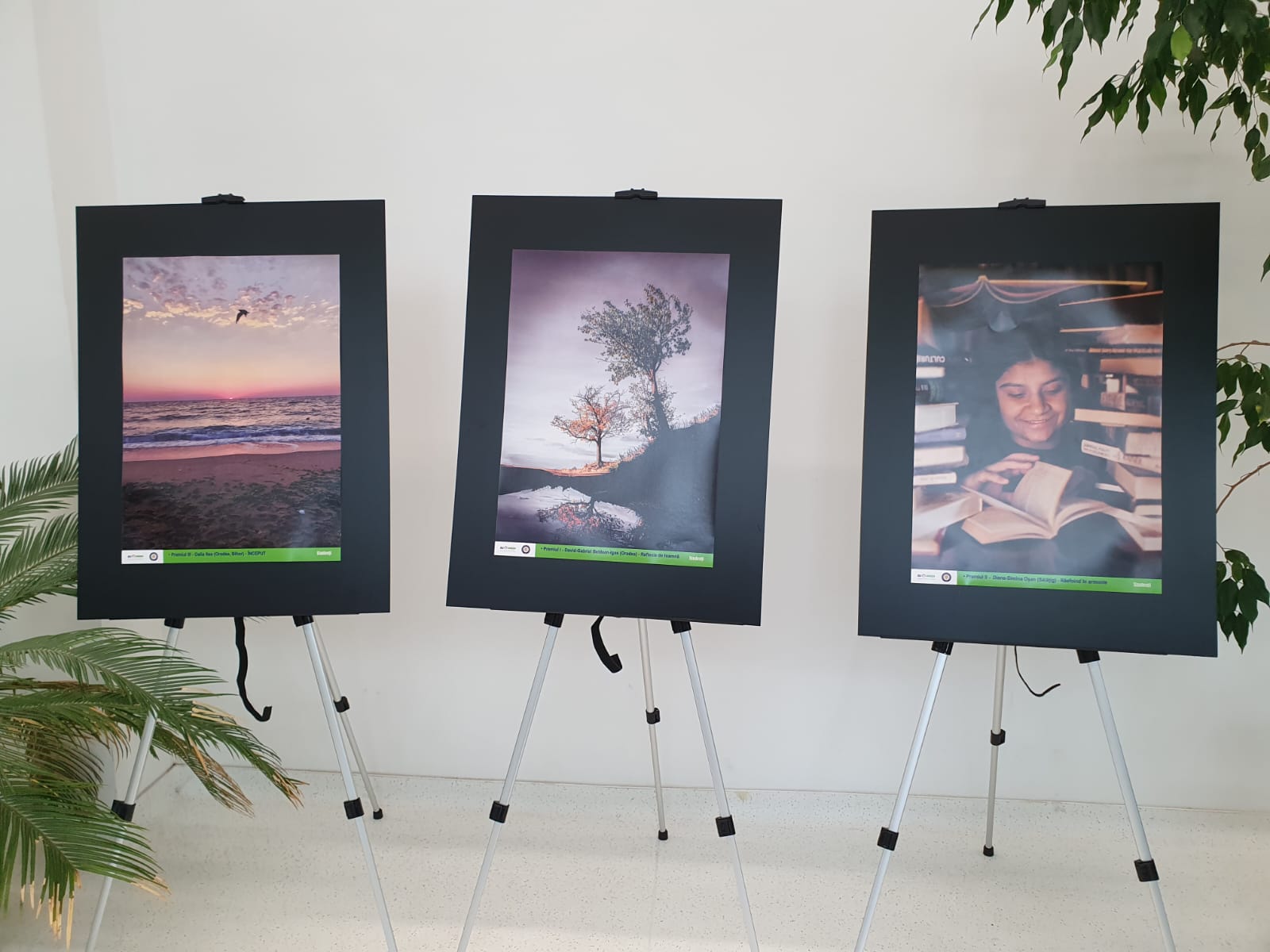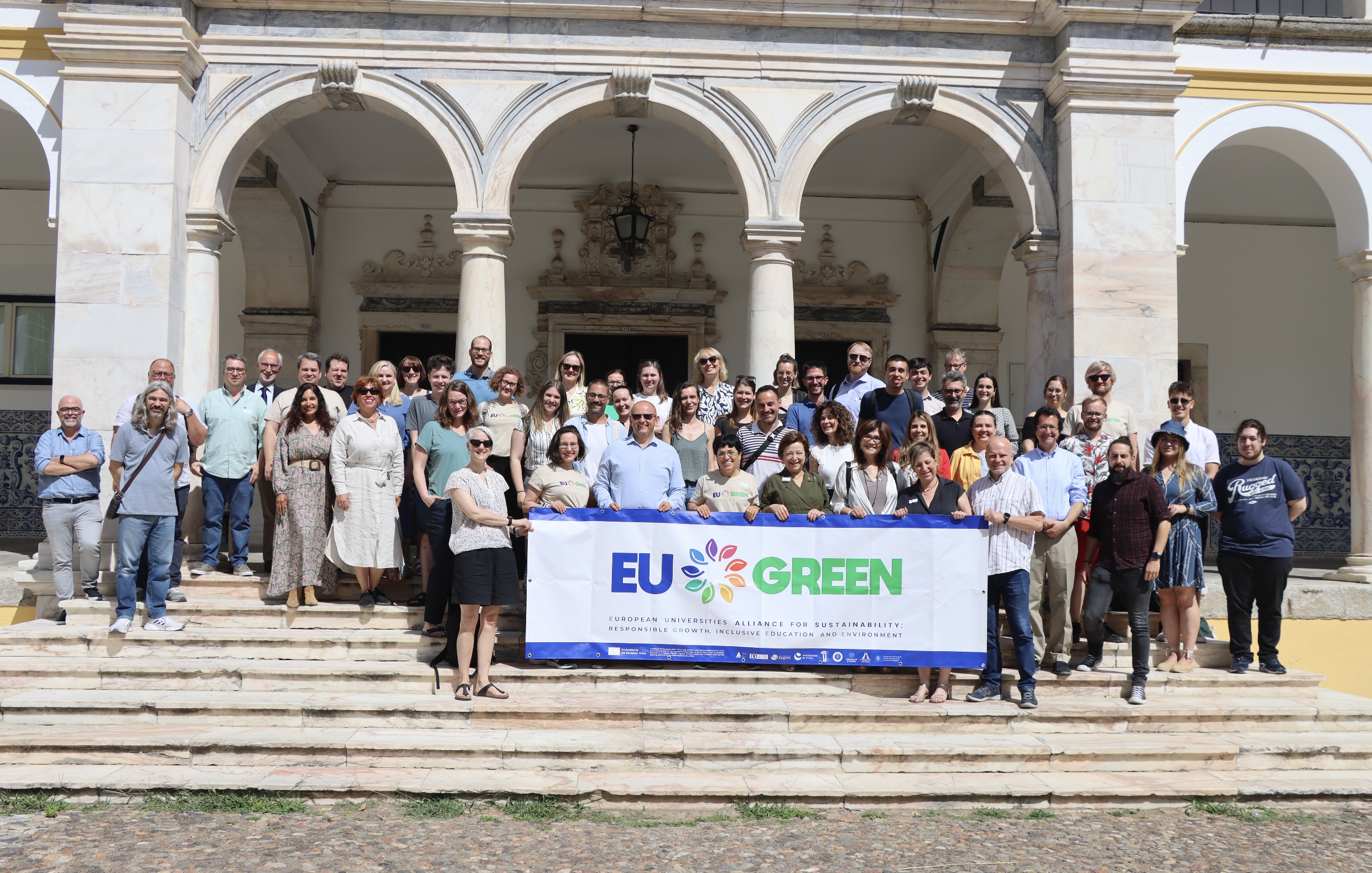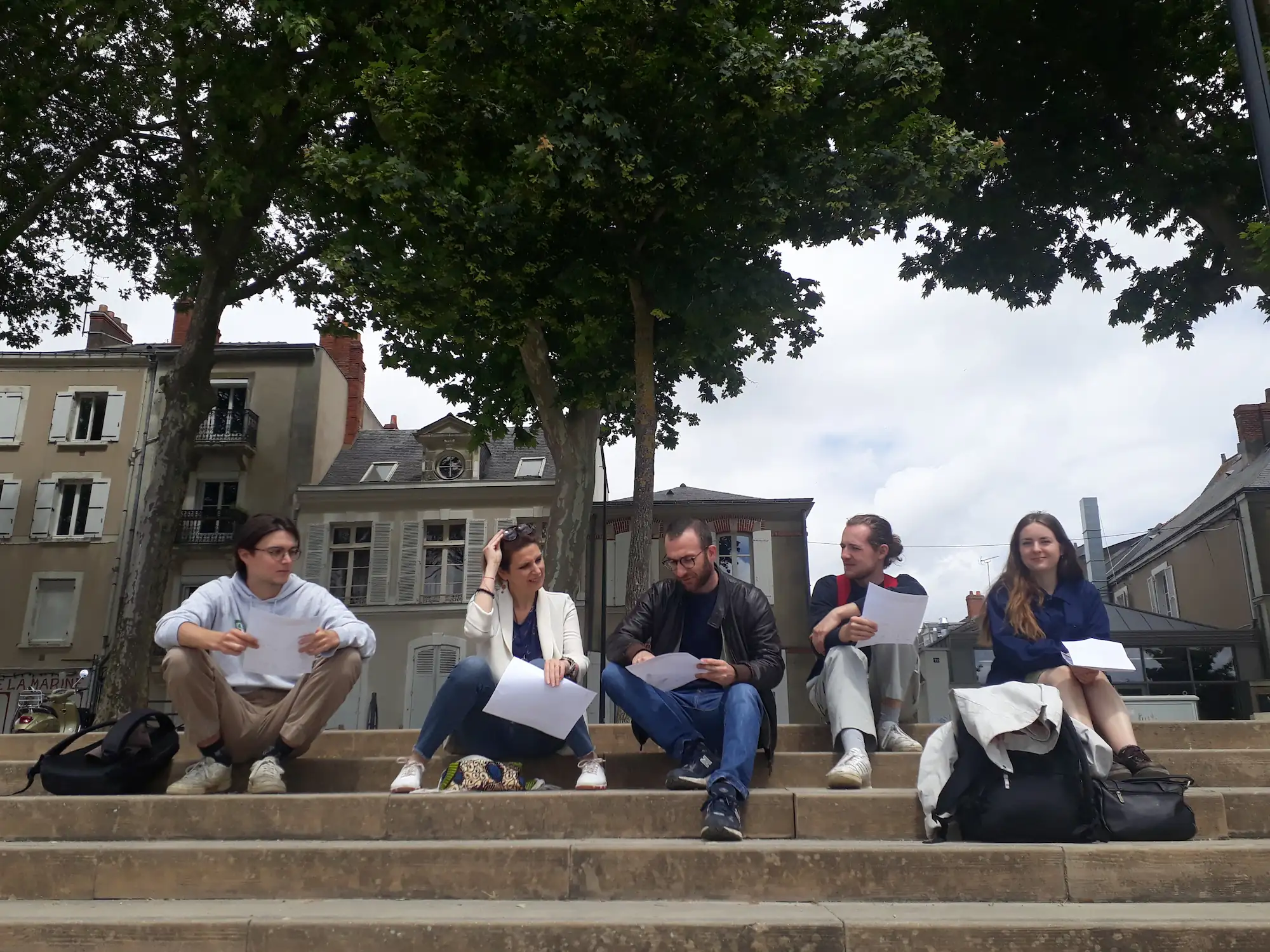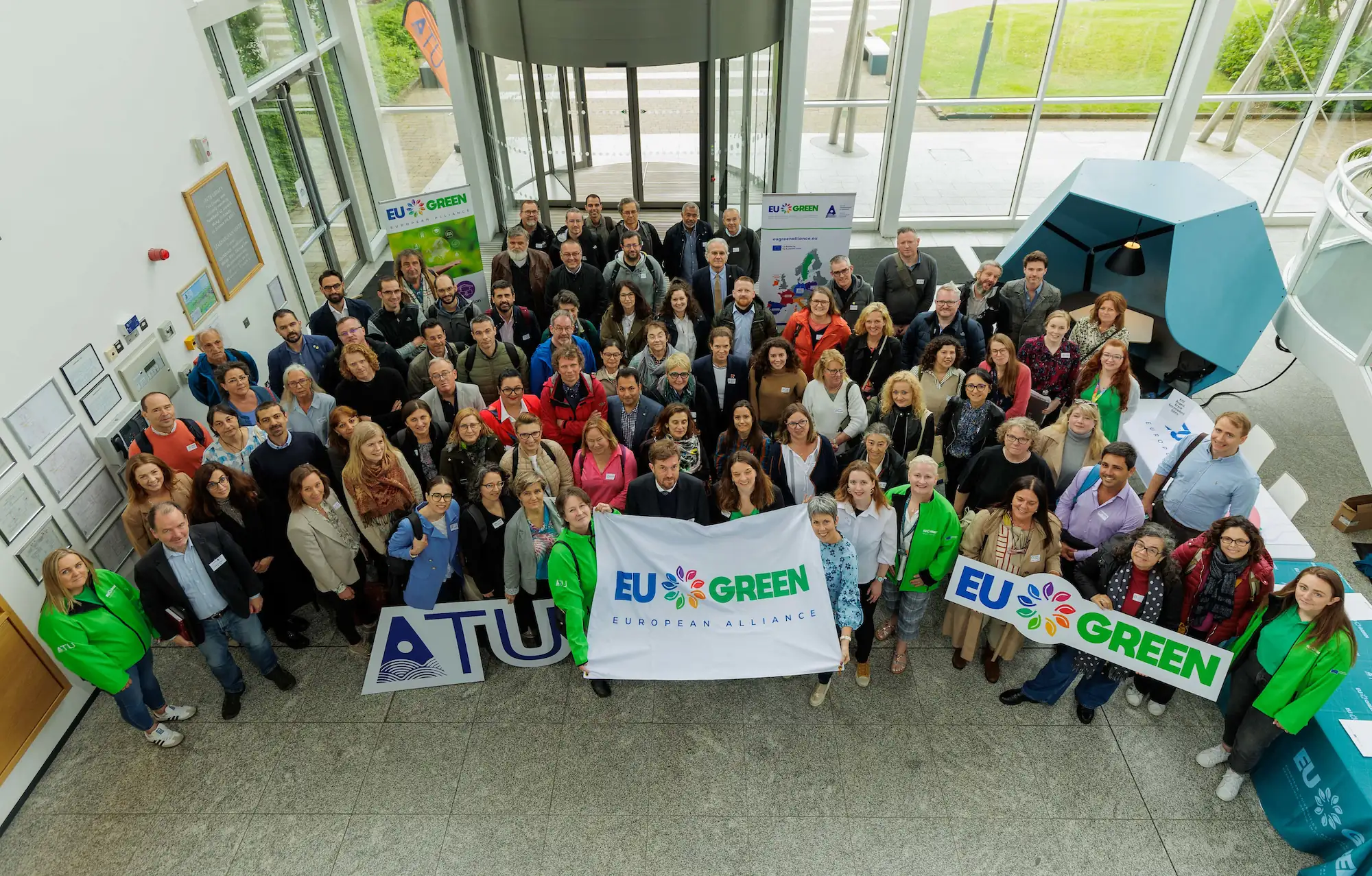The EU GREEN Senate was headed by Prof. Anna Chełmońska-Soyta, Vice-Rector for Internationalisation of UPWr. She invited Prof. Giorgio Pelosi, Vice-Rector for EU GREEN from the University of Parma, and Paulina Zaweracz, EU GREEN coordinator at UPWr, as Secretary of the Senate.
Anna Chełmońska-Soyta has held key positions within the ranks of UPWr for many years – previously as Vice-Rector for Innovation and Cooperation with the Economy, now as Vice-Rector for Internationalisation. In addition to this, however, she is also a thoroughbred scientist – a veterinarian, immunologist and reproductive immunology expert.
The tenure of the EU GREEN Senate president lasts for one year. The competition for the position saw Prof. Anna Chełmońska-Soyta, Vice-Rector for Internationalization at the Wrocław University of Environmental and Life Sciences, and Prof. Catherine Passirani-Malleret, Vice-Rector for International Relations at the University of Angers. In the election, both candidates had to showcase their scientific achievements and organizational expertise while addressing the question of their candidacy for the Senate president role. Additionally, they outlined their vision for the Senate’s role within the EU GREEN Alliance.
Enumerating Senate tasks, Prof. Chełmońska-Soyta highlighted the need to define the approval process for analyses and materials sent to rectors, voting procedures for documents, and the appointment of committees. Managing the Senate’s members’ tenure during election cycles poses a significant challenge, given the differing election schedules among member universities.
The EU GREEN Senate will not only approve strategic documents in line with its competencies and project schedule but also set criteria for committee member appointments, address their areas of focus, and establish principles for collaboration with students and associated partners. The Senate will undertake the interaction between scientific and educational strategy validation, scheduled for 2024.
Prof. Chełmońska-Soyta desires the Senate to initiate discussions on the consortium’s involvement in advancing Sustainable Development Goals. Recognizing the challenges to meet the 2030 Agenda for Sustainability Development deadline, she believes universities should contemplate their role in influencing the situation. Universities are invaluable for shaping future perspectives, instilling knowledge aligned with the latest findings, and fostering awareness of modern world challenges.
The EU GREEN Senate, faced with the challenge of discussing common study directions amid structural and systemic differences between universities, benefits from broad representation. The strategic decisions made by the Senate can be communicated to Rectors and the academic community within each alliance member.
The forthcoming discussions, including a physical meeting of the Senate in May 2024 in Wrocław, will center around the tasks assigned to the newly elected EU GREEN Senate president.
>Photo: Prof. Anna Chełmońska-Soyta – by Grymuza





